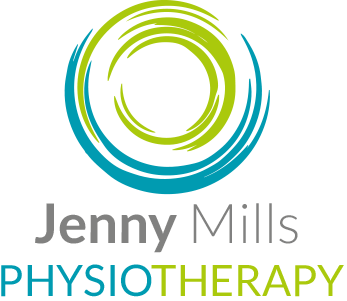Achilles tendonitis
Pain at the back of the heel
The tendon that takes the greatest load in the body and can get thickened and inflamed. Again can be a result of calf tightness but a full assessment will guide the treatment. It responds well to acupuncture.
Achilles tendonitis is a condition characterized by inflammation of the Achilles tendon, which is the large tendon that connects the calf muscles to the heel bone. This tendon plays a crucial role in walking, running, and jumping. Achilles tendonitis is often caused by overuse or repetitive stress on the tendon, leading to irritation and inflammation.
Key features of Achilles tendonitis include:
Pain: The primary symptom is pain along the back of the leg or near the heel. The pain may be mild initially but can become more severe with continued activity.
Stiffness: Stiffness in the Achilles tendon, particularly in the morning or after periods of inactivity, is common.
Swelling: Inflammation of the tendon can result in swelling around the affected area.
Tenderness: The Achilles tendon may be tender to the touch.
Gradual Onset: Symptoms often develop gradually, and individuals may notice pain during or after physical activity.
Risk Factors: Factors that can contribute to Achilles tendonitis include tight calf muscles, inadequate stretching before exercise, sudden increases in physical activity, improper footwear, and certain medical conditions, such as flat feet or obesity.
Treatment Options:
Rest: Giving the affected leg and foot adequate rest is crucial to allow the tendon to heal.
Ice: Applying ice to the affected area can help reduce pain and inflammation.
Anti-inflammatory Medications: Nonsteroidal anti-inflammatory drugs (NSAIDs) may be recommended to alleviate pain and swelling.
Elevating the Leg: Keeping the affected leg elevated can help reduce swelling.
Physiotherapy : Specific exercises and stretches to strengthen and lengthen the calf muscles may be prescribed.
Acupuncture: can be very effective in resolving the issue.
Orthotic Devices: Shoe inserts or heel lifts may be recommended to provide additional support.
In more severe cases or when conservative treatments are ineffective, healthcare professionals may consider more advanced interventions, such as corticosteroid injections or, rarely, surgical options.
If you suspect you have Achilles tendonitis or are experiencing persistent pain in the back of your leg or heel, it's advisable to consult with a healthcare professional for an accurate diagnosis and appropriate treatment plan. Early intervention can help prevent further damage and promote healing.
For bookings or information:
Please contact for any further help. Often just 1 or 2 sessions is all that is needed , no commitment to a long course of treatment.
Cost
Initial assessment with treatment £55 (allow 45 to 50 minutes)
Follow up session £50 (allow 30 minutes)
Sports massage £50 for 30 minutes
Yoga 1 to 1 or 2 tuition
£40 for 45 minutes

